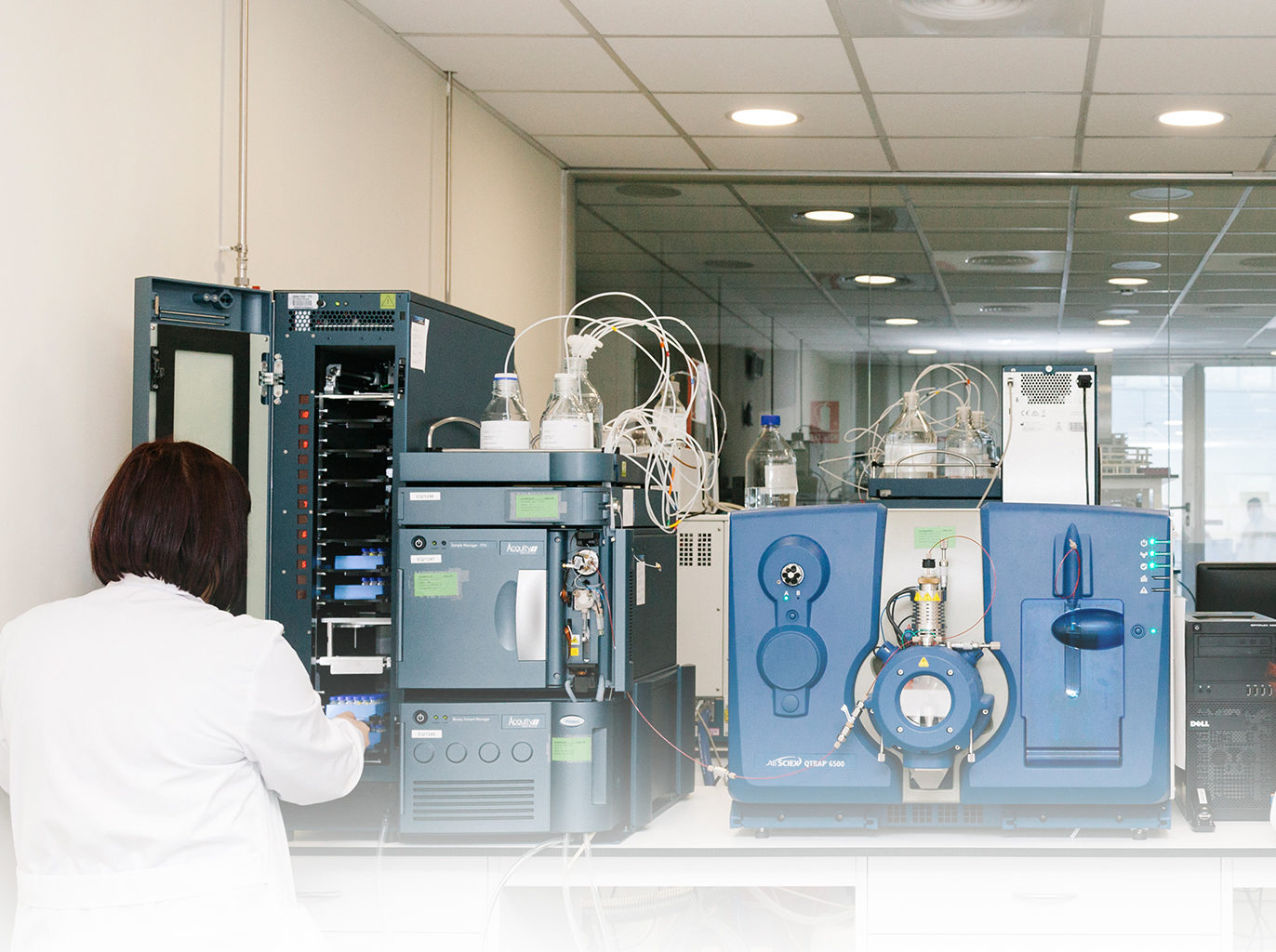02/28/2022
New UPLC-MS/MS bioanalytical method for quantification of Glycopyrronium and Indacaterol

We are glad to announce that a new method has been successfully developed and validated for determination of Glycopyrronium and Indacaterol in human plasma by LC/MS/MS with a calibration range of 1-200 pg/mL and 2-250 pg/mL, respectively.
Since both analytes can be quantified in a single run, it allows for reduced volumes of blood required, a faster turnaround time for sample analysis and significant cost advantages.
The method involves a solid-phase extraction procedure. Glycopyrronium, Indacaterol and internal standards are measured by reversed phase ultra-high performance liquid chromatography coupled to tandem mass spectrometry (UPLC-MS/MS).
The development of this assay adds to the long experience of Anapharm with high sensitivity methods for inhaled drugs including Tiotropium, Fluticasone, Salmeterol and Formoterol.

MORE NEWS
Peptides Series: Understanding Therapeutic Peptides
Therapeutic peptides are transforming modern medicine thanks to their unique advantages over traditional drug therapies. Their molecular structure and biological properties allow them to achieve effects like natural molecules in the body, enabling targeted action with fewer risks of off-target effects.
The visit of the Mayor of Barcelona, Jaume Collboni, to Anapharm Bioanalytics
Last Friday, January 10th 2025, we had the honor of welcoming the Mayor of Barcelona, Jaume Collboni, to our facilities. His visit was a special opportunity for us to showcase the work we do at Anapharm Bioanalytics and to reaffirm our commitment to innovation in the field of bioanalysis.
Overcoming Matrix Effects in the Analysis of Lipophilic Compounds
At the 10th EBF Young Scientist Symposium, we highlighted the complexities of analysing Fucoxanthin derivatives and demonstrated how innovative approaches, such as 2D Chromatography, can overcome these obstacles.

